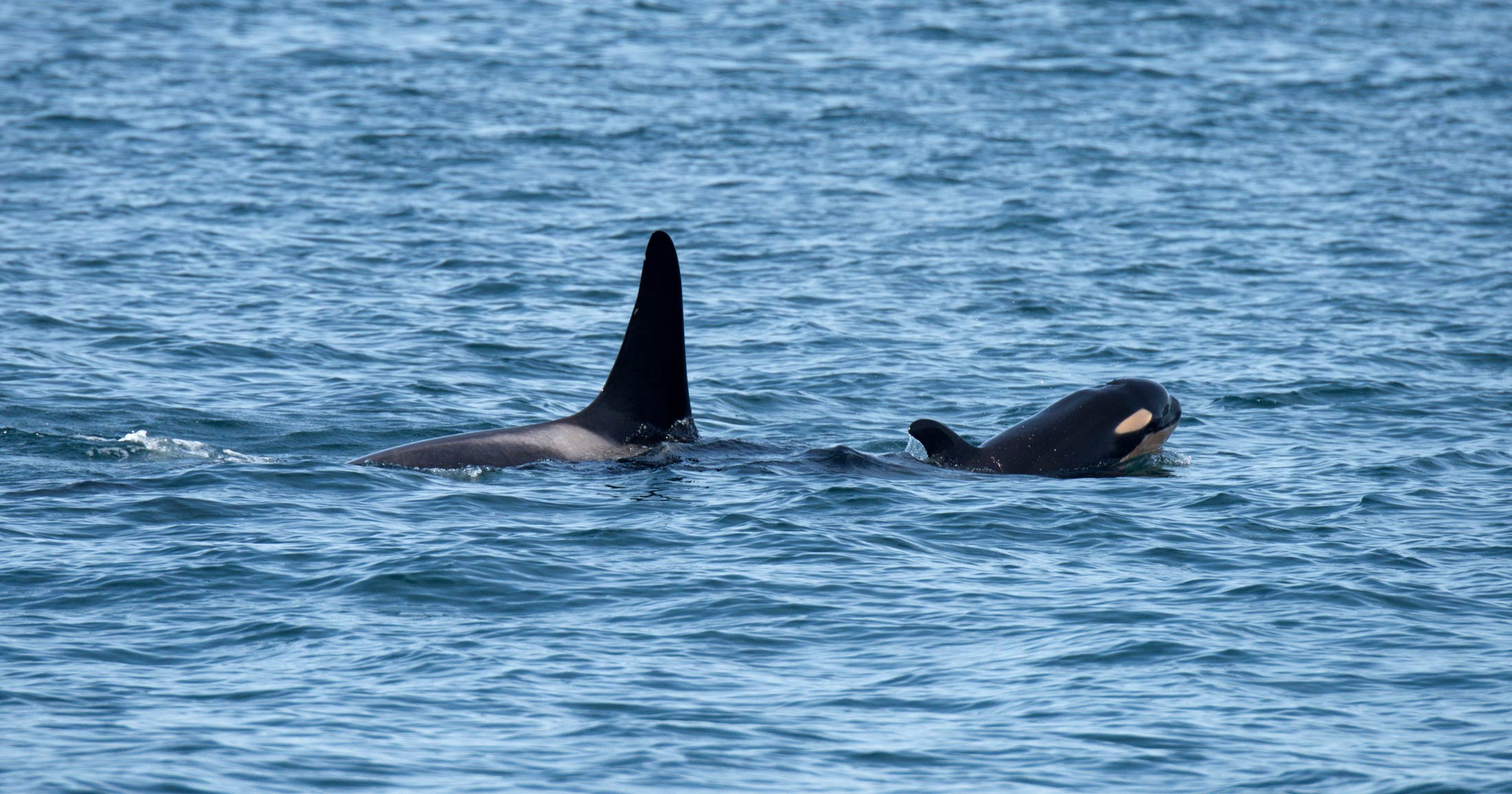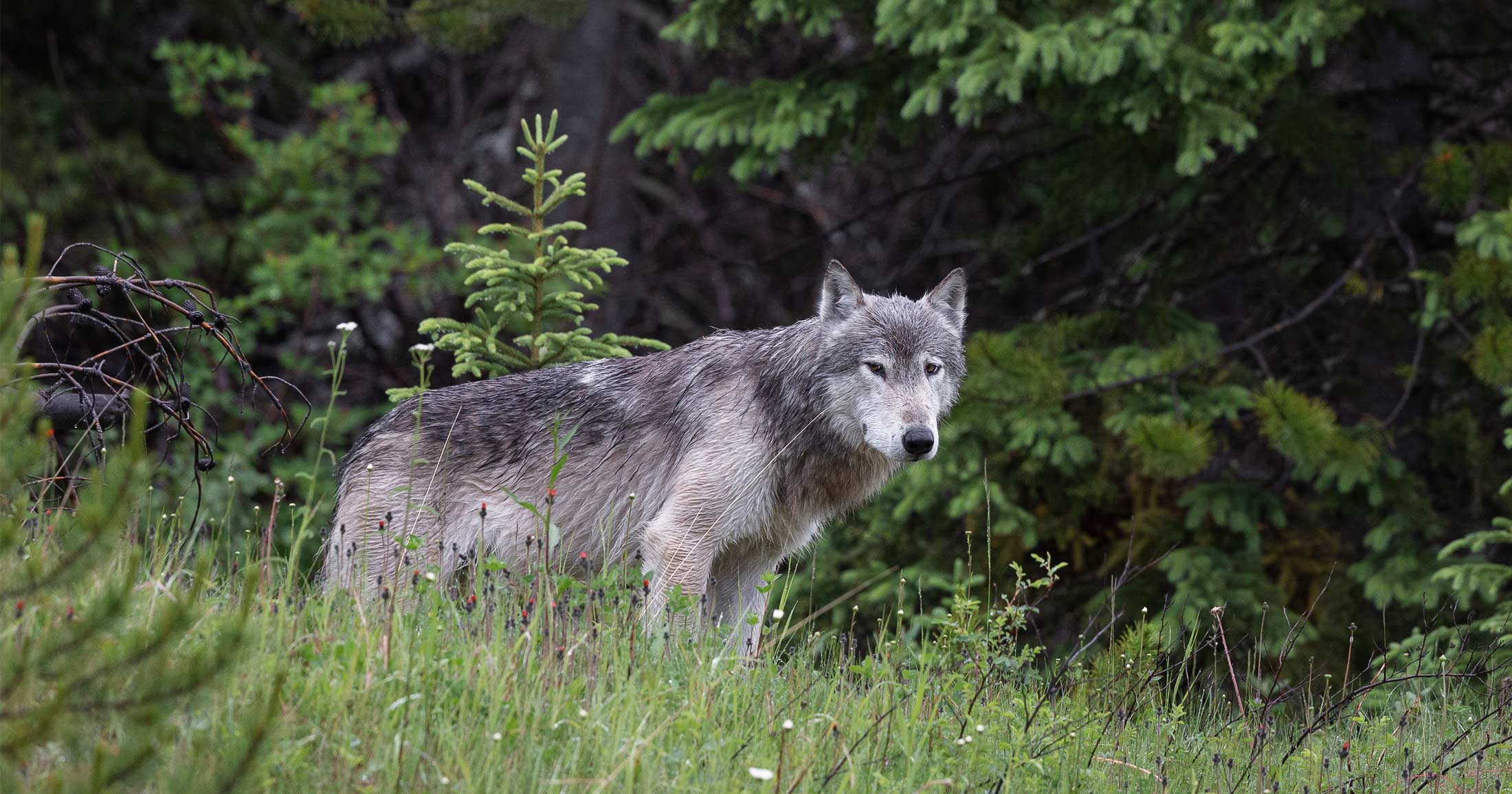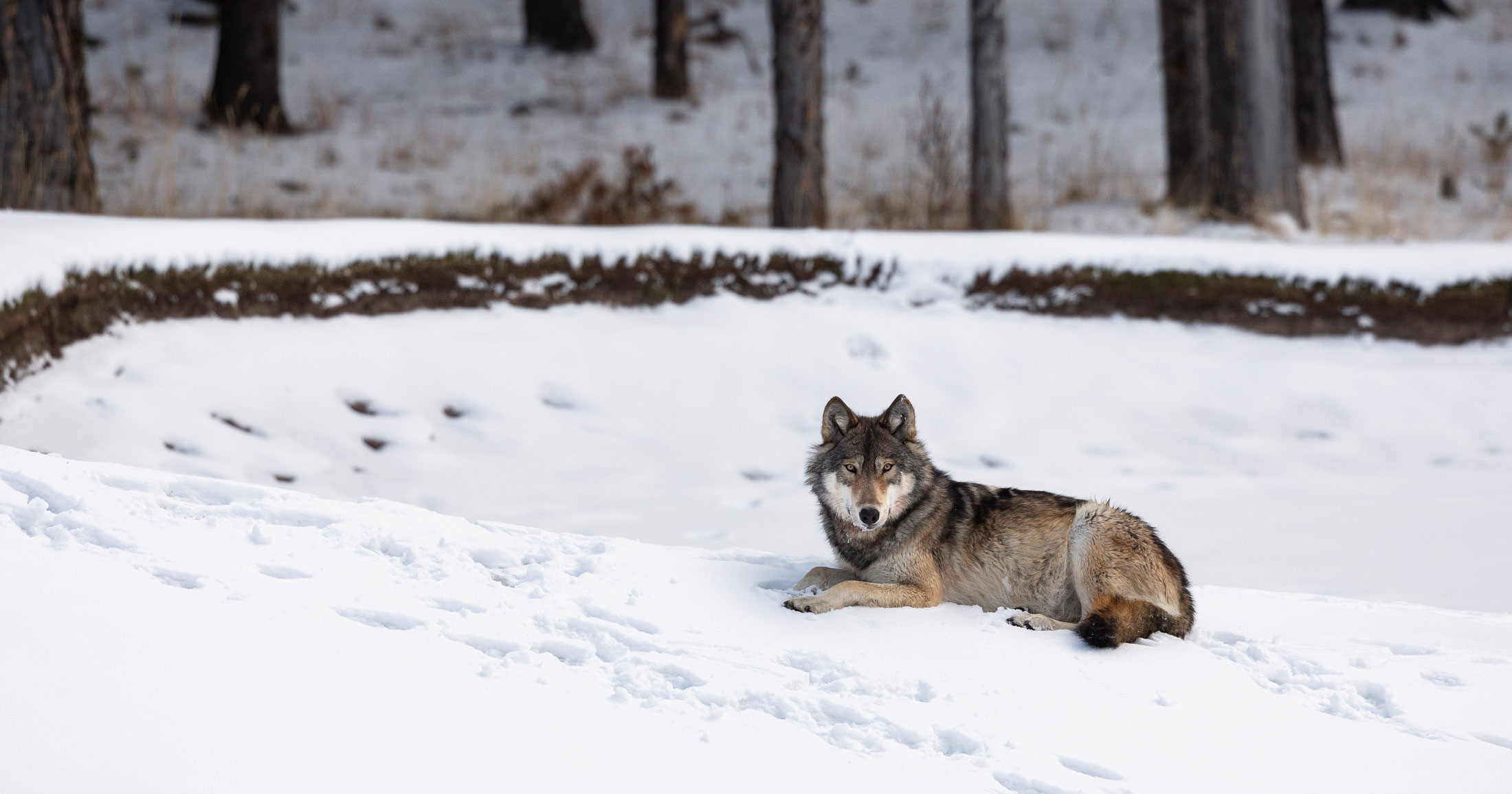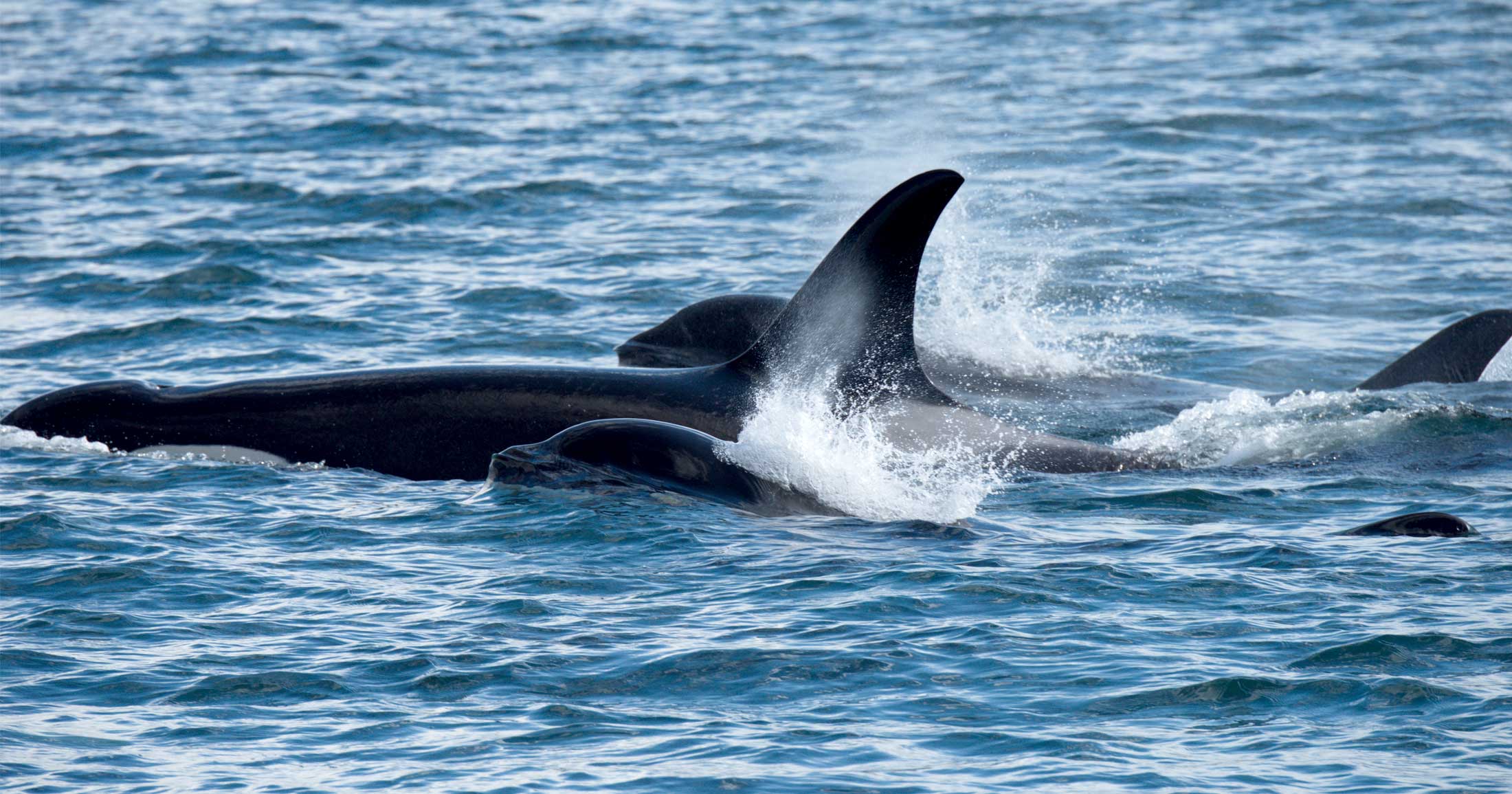Take action now for Southern Resident killer whales
Help us communicate the urgency of an emergency order to protect Southern Resident killer whales under section 80 of the Species at Risk Act (SARA).

The whales need your voice. Please contact your Member of Parliament and urge them to support an Emergency Order to protect the whales. We have drafted a suggested email and provided contact information to cabinet to help you send a strong, urgent message to the federal government.
Cabinet emails
justin.trudeau@parl.gc.ca, Anita.Anand@parl.gc.ca, gary.anand@parl.gc.ca, terry.beech@parl.gc.ca, Rachel.Bendayan@parl.gc.ca, bill.blair@parl.gc.ca, Elisabeth.Briere@parl.gc.ca, francois-philippe.champagne@parl.gc.ca, jean-yves.duclos@parl.gc.ca, terry.duguid@parl.gc.ca, nathaniel.erskine-smith@parl.gc.ca, darren.fisher@parl.gc.ca, karina.gould@parl.gc.ca, Steven.Guilbeault@parl.gc.ca, patty.hajdu@parl.gc.ca, mark.holland@parl.gc.ca, ahmed.hussen@parl.gc.ca, gudie.hutchings@parl.gc.ca, marci.ien@parl.gc.ca, melanie.joly@parl.gc.ca, kamal.khera@parl.gc.ca, dominic.leblanc@parl.gc.ca, diane.lebouthillier@parl.gc.ca, lawrence.macaulay@parl.gc.ca, Steven.MacKinnon@parl.gc.ca, Soraya.MartinezFerrada@parl.gc.ca, government.relations@raincoast.org, david.mcguinty@parl.gc.ca, Marc.Miller@parl.gc.ca, mary.ng@parl.gc.ca, ginette.petitpastaylor@parl.gc.ca, ruby.sahota@parl.gc.ca, yaara.saks@parl.gc.ca, pascale.st-onge@parl.gc.ca, jenna.sudds@parl.gc.ca, joanne.thompson@parl.gc.ca, rechie.valdez@parl.gc.ca, arif.virani@parl.gc.ca, jonathan.wilkinson@parl.gc.ca
Suggested text
(It’s helpful if you edit the subject line so it’s personal to you.)
Subject: Urgent Action Needed – Emergency Order for Southern Resident killer whales.
I am writing to urge you to issue an Emergency Order to protect the Southern Resident killer whale population.
The Southern Residents are approaching their lowest numbers ever recorded. The most recent monitoring of SRKW body condition from 2024 indicates that a significant portion of the population–14 whales– are in poor condition, making them two to three times more vulnerable to mortality. Despite evidence that the existing conservation measures are not sufficient to save the population, little progress has been made to strengthen or expand them. A recently published study suggests that current conditions pose an extremely high risk of extinction for the population.
The responsible ministers (DFO and ECCC) have indicated that they will recommend that the cabinet issue an Emergency Order in accordance with Section 80 of the Species at Risk Act. To be meaningful and effective, the Order must include strong science-based measures that can be implemented quickly. Examples of such measures include a) increasing the minimum approach distance to Southern Residents by vessels not in transit to 1000 metres, b) establishing an emergency management plan for Chinook salmon fisheries that would trigger Chinook fishing closures in specific areas if Chinook abundance or Southern Resident body condition falls below minimum thresholds, c) implementing vessel-based noise reduction targets and regional noise targets for the Salish Sea, and d) prohibiting the release of scrubber wastewater from ships in and adjacent to the Southern Residents’ critical habitat.
Please use the Species at Risk Act’s Emergency Order tool to enact the actions needed to protect and recover these critically endangered whales.
Sincerely,
(Your name)
You can help
Raincoast’s in-house scientists, collaborating graduate students, postdoctoral fellows, and professors make us unique among conservation groups. We work with First Nations, academic institutions, government, and other NGOs to build support and inform decisions that protect aquatic and terrestrial ecosystems, and the wildlife that depend on them. We conduct ethically applied, process-oriented, and hypothesis-driven research that has immediate and relevant utility for conservation deliberations and the collective body of scientific knowledge.
We investigate to understand coastal species and processes. We inform by bringing science to decision-makers and communities. We inspire action to protect wildlife and wildlife habitats.









